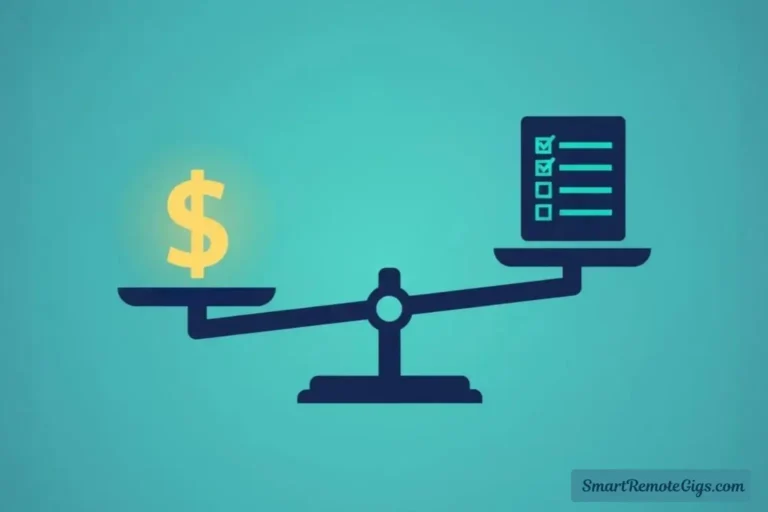When you’re competing for remote project management roles without years of experience, project management certifications serve as your credibility passport. They tell hiring managers you’re serious, you understand industry frameworks, and you’ve invested in professional development. But with dozens of options available—each requiring significant time and money—which certification actually moves the needle?
This guide cuts through the noise. We’ve analyzed hiring trends, surveyed job descriptions, and evaluated the true ROI of the most popular credentials to identify the five certifications that will genuinely accelerate your path to a remote PM position. Whether you’re a complete beginner or transitioning from another field, you’ll find a clear recommendation tailored to your situation.
Quick Comparison Table: The Top 5 PM Certs at a Glance
| Certification | Best For | Cost | Time Commitment | Experience Required |
|---|---|---|---|---|
| PMP | Experienced professionals seeking senior roles | $555 – $695 | 3-6 months study | 36 months leading projects |
| CAPM | Complete beginners with no PM experience | $225 – $300 | 2-3 months study | None |
| CSM | Those targeting Agile/tech companies | $1,000 – $1,400 | 2 days training + exam | None |
| Google PM Certificate | Career changers seeking affordable entry | $150 – $300 | ~6 months at 10 hrs/week | None |
| PRINCE2 | International roles or government contracts | $500 – $800 | 2-4 months study | None |
The Breakdown: Which Certification is Right for You?
1. PMP (Project Management Professional): The Gold Standard
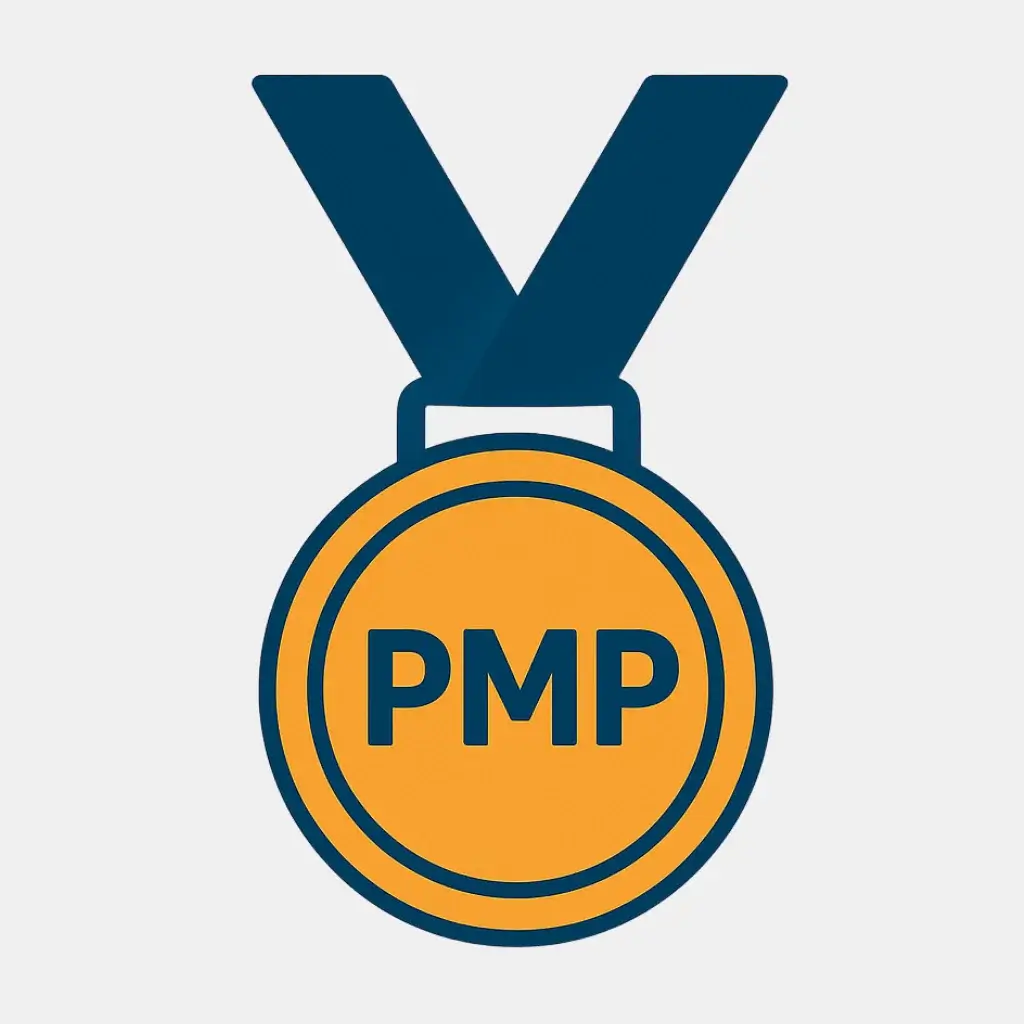
The Project Management Professional credential from the Project Management Institute (PMI) remains the most recognized and respected certification in the field. When recruiters filter for qualifications, PMP consistently appears in job requirements for mid-level and senior positions.
What makes it valuable:
- Demonstrates mastery of the PMBOK Guide—the foundational framework that standardizes project management across industries
- Signals you can handle complex projects involving multiple stakeholders and significant budgets
- Builds employer trust that you can manage projects independently without constant oversight
The catch: You need substantial experience before you can even sit for the exam. PMI requires either a four-year degree plus 36 months leading projects (4,500 hours), or a high school diploma plus 60 months (7,500 hours). You’ll also need 35 hours of formal project management education before applying.
Best for:
- Professionals who already have 3+ years of project leadership experience
- Those managing projects under different titles (coordinator, analyst, team lead) who need formal validation
- Candidates seeking to unlock salary increases of $15,000-$25,000
Bottom line for remote work: Extremely valuable for experienced candidates. The PMP consistently appears in higher-paying remote job listings and can differentiate you in competitive applicant pools. However, beginners should pursue other certifications first and return to the PMP once they’ve gained required experience.
2. CAPM (Certified Associate in Project Management): The Best for Beginners
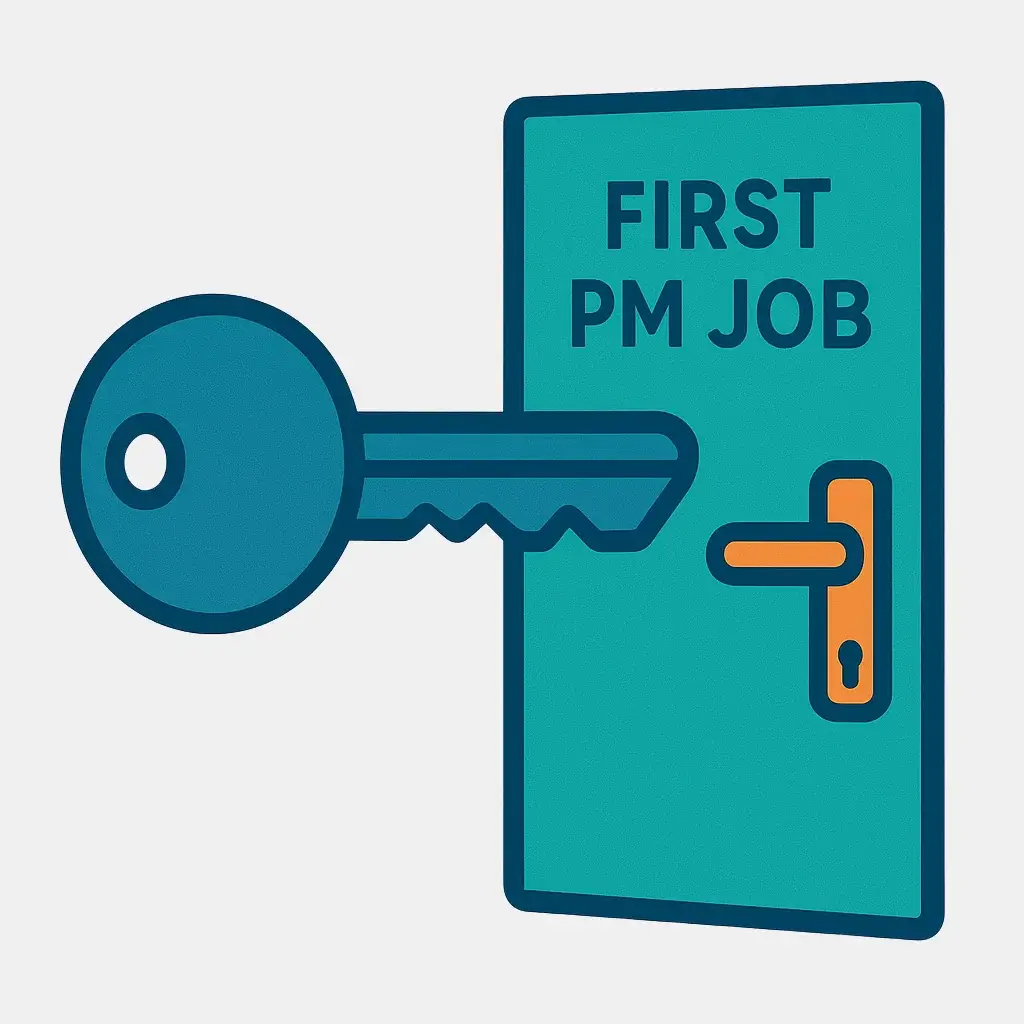
If you’re just starting your PM journey with no professional experience, the Certified Associate in Project Management is your strategic entry point. Also offered by PMI, it covers the same PMBOK framework as the PMP but without experience prerequisites.
What makes it valuable:
- Proves you understand fundamental PM concepts, terminology, and processes
- Qualifies you for entry-level remote positions where employers are willing to train the right candidate
- Shows you’ve done the homework and speak the language of professional project management
The requirements: Just 23 hours of formal project management education (easily fulfilled through affordable online courses) and passing the three-hour exam. No experience needed.
Best for:
- Complete beginners with zero PM experience
- Recent graduates or career changers who want legitimate credentials quickly
- Those who can combine the certification with demonstrable skills from volunteer work or personal projects
Bottom line for remote work: Excellent ROI for beginners. The CAPM gets your resume past automated filters and demonstrates commitment during interviews. Many successful remote PMs started here, gained 1-2 years of experience, then upgraded to the PMP for career acceleration.
3. Certified ScrumMaster (CSM): The Agile Expert
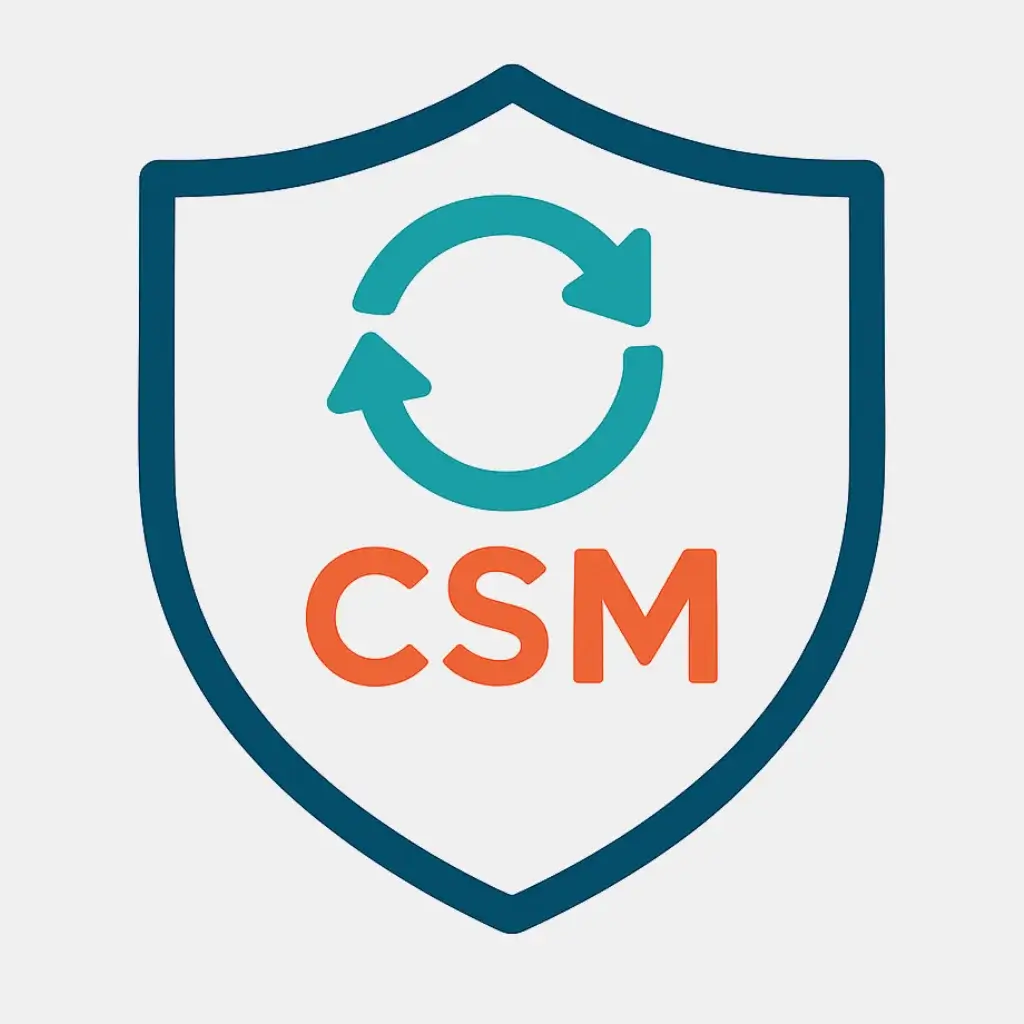
The Certified ScrumMaster from Scrum Alliance has become essential for anyone targeting technology companies, software development teams, or startups. As Agile methodologies dominate modern product development, the CSM signals you can facilitate sprints, run standups, and remove blockers in fast-paced environments.
What makes it valuable:
- Emphasizes servant leadership, team facilitation, and iterative delivery—skills that translate perfectly to remote work
- Focuses on asynchronous collaboration and continuous improvement rather than heavy documentation
- Opens doors to roles specifically designed for remote work (Scrum Master, Agile PM, Product Owner)
The requirements: You must attend a two-day training course from a Certified Scrum Trainer, then pass a 50-question online exam (which most people pass on the first attempt). The training requirement ensures you receive hands-on instruction, not just book learning.
Best for:
- Those specifically targeting tech companies, digital agencies, or product organizations
- Candidates wanting best PM certifications for remote work in Agile environments
- Anyone looking to complement CAPM or PMP with modern methodology expertise
Bottom line for remote work: Highly relevant and increasingly required. Many remote job descriptions specifically request Scrum experience. Investment typically pays back within months through access to higher-quality job prospects that are disproportionately offered as remote opportunities.
4. Google Project Management Certificate: The High-Value Newcomer

The Google Project Management Certificate through Coursera represents a different approach—affordable, self-paced, and built by a recognized tech leader. Launched in 2021, it’s quickly gained traction as a legitimate credential for breaking into the field.
What makes it valuable: Google designed this program specifically for beginners with no experience. It covers both traditional and Agile methodologies, includes hands-on projects you can showcase in your portfolio, and costs a fraction of traditional certifications. The Google name carries weight, particularly with tech companies and startups who respect skills over legacy credentials.
The requirements: Six courses covering PM foundations, estimation, risk management, Agile, and capstone projects. Most people complete it in 3-6 months at 10 hours per week. You pay monthly ($49) while enrolled through Coursera.
Best for: Budget-conscious career changers asking is Google project management certificate worth it. If you have $200-$300 to invest rather than $1,000+, this provides legitimate education and a recognizable credential. It’s particularly effective for those targeting remote roles at tech companies or digital-first organizations.
Bottom line for remote work: Surprisingly strong for entry-level positions. The Google certificate won’t beat a CAPM or CSM for traditional enterprises, but it performs well for tech startups, digital agencies, and companies that value practical skills over traditional credentials. The portfolio projects it generates are especially useful for demonstrating capabilities during remote interviews.
5. PRINCE2: The Global Standard
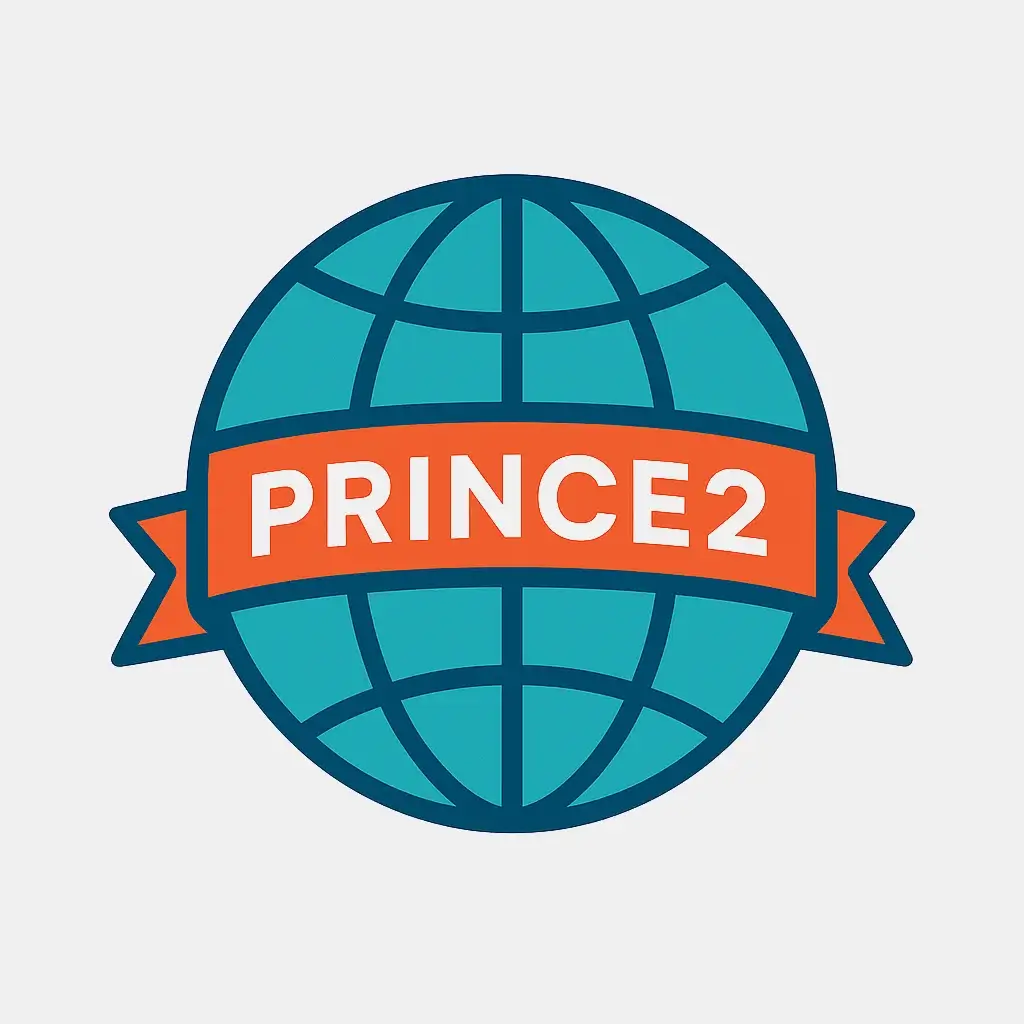
PRINCE2 (PRojects IN Controlled Environments) is the UK government’s project management methodology and the dominant framework in Europe, Australia, and parts of Asia. If you’re pursuing international remote opportunities or roles with global organizations, PRINCE2 adds significant value.
What makes it valuable:
- Provides a process-driven approach with clearly defined roles, stages, and governance structures
- Particularly strong for large-scale, regulated, or government projects where documentation is critical
- Recognized by multinational companies alongside or instead of PMP for international positions
The requirements: Two levels—Foundation (entry-level) and Practitioner (advanced). You can take Foundation without experience, and it covers the methodology through a one-hour exam. Practitioner requires passing Foundation first and demonstrates your ability to apply PRINCE2 to real projects.
Best for:
- Those seeking remote work with European companies or government contractors
- Candidates already located outside North America who want regionally relevant credentials
- Anyone targeting multinational organizations with global project management standards
Bottom line for remote work: Niche but powerful in the right contexts. If you’re specifically targeting international remote opportunities or working with UK-based companies, PRINCE2 Foundation is worth pursuing alongside or instead of the CAPM. For US-focused remote job seekers, prioritize PMP/CAPM/CSM first.
How to Showcase Certifications on Your Resume and LinkedIn
Earning the certification is only half the battle—you must display it strategically to maximize its impact. Place your certifications prominently in three locations:
On your resume: Create a dedicated “Certifications” section immediately below your summary or professional experience. List the full certification name, issuing organization, and credential number if applicable. For example: “Certified Associate in Project Management (CAPM), Project Management Institute, Credential #12345678.”
In your LinkedIn headline: Don’t waste your 120-character headline with generic phrases. Include your certification as a trust signal: “Project Manager | CAPM Certified | Helping Remote Teams Deliver On Time & On Budget.”
In your LinkedIn certifications section: Add each credential using LinkedIn’s built-in certifications feature. This makes them searchable and displays the issuing organization’s logo for visual credibility. If your certification has an expiration date, keep it current—expired credentials raise questions about your commitment to ongoing learning.
Remember that certifications validate your knowledge, but employers hire based on results. Always pair your credentials with concrete examples of impact. When discussing your CAPM in a cover letter, mention: “As a CAPM-certified PM, I’ve applied PMBOK principles to deliver three projects under budget and ahead of schedule.” This connects the credential to real-world value.
For detailed guidance on crafting a resume that positions your certifications effectively, see our ATS-Optimized Remote PM Resume Template.
Final Verdict: Our Top Recommendation for Aspiring Remote PMs
For the Complete Beginner
Get the CAPM first, then add the CSM. This combination costs roughly $1,500-$1,700 total, takes 4-6 months, and positions you competitively for entry-level remote roles at both traditional companies and tech organizations. The CAPM provides foundational credibility, while the CSM opens doors to the Agile-focused roles that dominate remote opportunities.
For the Experienced PM
Pursue the PMP immediately. You’ve already paid the price in experience hours—now formalize it with the industry’s gold standard. The PMP’s investment ($700-$1,000 including exam prep) typically returns 10-20x through salary increases and access to senior positions.
For the Budget-Conscious Career Changer
Start with the Google PM Certificate, then upgrade to CSM. You’ll invest under $500 total for both, gain practical skills quickly, and have portfolio projects to showcase. Once you land your first role, pursue the CAPM or PMP with employer support.
For International Remote Work
Combine CAPM with PRINCE2 Foundation. This dual-credential approach ($700-$1,100 total) makes you attractive to both US and international employers, dramatically expanding your job opportunities.
The key insight: project management certifications don’t replace experience, but they accelerate opportunity. They get your resume through automated filters, earn you interviews you’d otherwise miss, and provide a framework for discussing your capabilities confidently. Choose the right credential for your situation, invest the time to earn it properly, and leverage it strategically throughout your job search.
Your certification is your ticket to the interview. What you do once you’re there determines whether you get the offer. For the complete strategy—from resume optimization to interview preparation—return to our pillar guide: Land Your First Remote PM Job in 2025: A Complete Guide.
Top Project Management Certifications for Remote Jobs

Project Management Professional (PMP)
The globally recognized gold standard for experienced project managers, demonstrating mastery of the PMBOK Guide and the ability to lead complex projects.
The most valuable credential for senior roles, but its significant experience requirement makes it unsuitable for beginners.
Editor's Rating:
Price: $555
Visit Website
Certified Associate in Project Management (CAPM)
The ideal entry-level certification from PMI for aspiring project managers with no professional experience, covering the same foundational knowledge as the PMP.
The best ROI for beginners. It provides foundational credibility and helps resumes pass automated screening.
Editor's Rating:
Price: $225
Visit Website
Certified ScrumMaster (CSM)
An essential certification for PMs targeting roles in tech, software development, or Agile environments, focusing on team facilitation and iterative delivery.
Highly relevant and often required for tech roles. The mandatory two-day training ensures practical knowledge.
Editor's Rating:
Price: $1000
Visit Website
Google Project Management Certificate
An affordable, self-paced credential from a top tech leader, designed for beginners and career changers, including hands-on portfolio projects.
Exceptional value for budget-conscious beginners. The Google brand carries significant weight in tech.
Editor's Rating:
Price: $294
Visit Website
PRINCE2 Foundation
The dominant project management methodology in Europe and for international roles, providing a process-driven approach ideal for large-scale projects.
A powerful credential for international or government roles, but less recognized in the North American market.
Editor's Rating:
Price: $500
Visit Website


